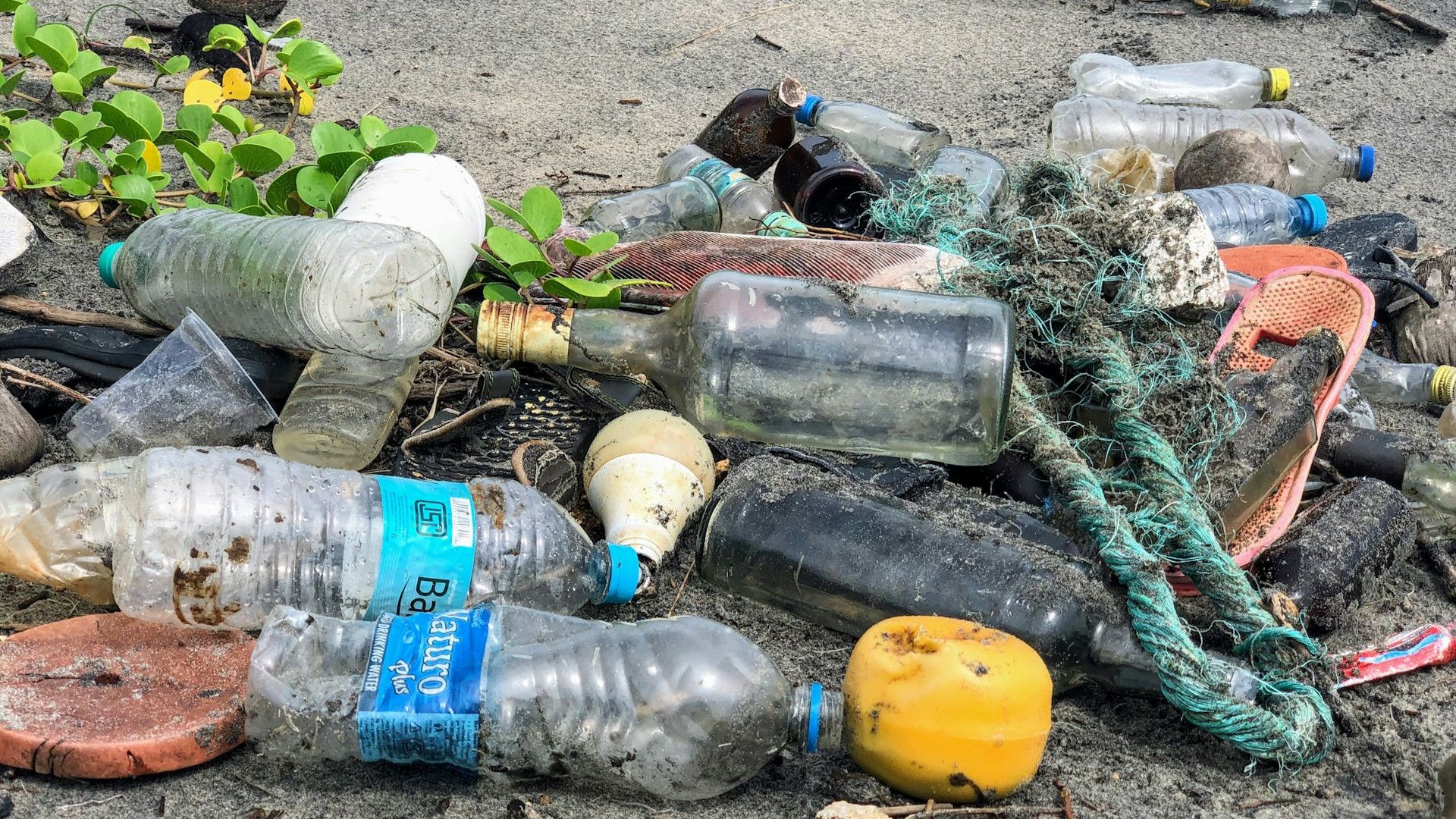
Protect your mind from rubbish
When the last tree is cut down, the last fish eaten and the last stream poisoned, we will realise we can't eat money
- Alanis Obomsawin
Parts of our human-made environment are harmful. We are surrounded by influences that effect our health, happiness and relationships.
What can we, as individuals, do? Ordinary opportunities come to hand every day, and we need to be feeling good to see them and use them. If we want to be effective in the world we need to protect our health.
Some of the influences on us are ancient, like war and oppression. Modern ones, like social media and advertising, are carefully designed to hook into our brain using the latest tech. Cumulatively, they poison our view of what it is to be a human being.
However, media influences can only get to us through our appetites. It doesn’t matter how clever the influences are, we are the gate-keepers of our appetites. Knowing this, we can mitigate some of the corrosive influences. Not knowing this, we are led by other people’s algorithms.
Here’s some ways you can defend yourself -
Values
Work out some clarity about your values. List what is dear to you. Then find ways to embody your values in how you act every day. No need to preach the values. As you find ways of putting them into practice your optimism will improve: that’s helpful in itself.
Community
Spend time with people who share your values and put them into practice in ways you respect. Many networks and communities are doing good things and living optimistic lifestyles. You’ll need to seek them out because their presence doesn’t make it through the algorithms.
Limit contact
Control the toxic messaging that wants access to your mind. Use the Off button. What is toxic for you will vary with your current sensitivity and vulnerability.
How appetites work
Appetites are genetically programmed to help a species survive scarcity. “Grab basic nutrition and anything that feels good, be alert to threat, do it now.” Your appetites are super powerful and they are always switched on. They don’t have an off button of their own, but you have an off button in another, more recently evolved part of your brain. Keep a close eye on the appetites: you don’t have to do what they say.